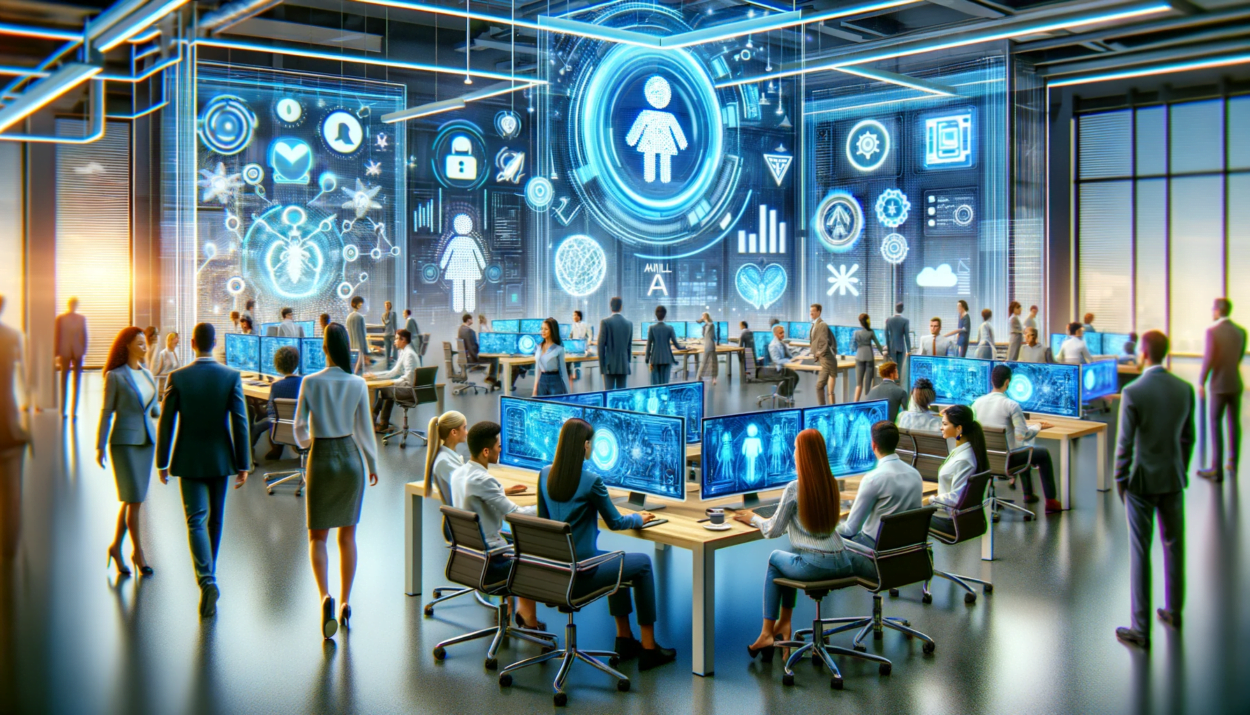In an enlightening podcast conversation with Trevor Noah, Microsoft’s co-founder Bill Gates shared his views on the evolving landscape of work, driven by the advancements in artificial intelligence (AI). Gates, known for his visionary insights, predicts a future where a three-day work week could become the norm, thanks to AI’s transformative power.
In Short
AI’s Role in Reshaping Work
Gates, during his talk on the ‘What Now’ podcast, stressed that technology, especially AI, is set to reshape, not replace, the workforce. He believes in a future where AI enhances productivity and efficiency in various fields, leading to a significant reduction in manual labor.
The Promise of a Three-Day Work Week
The tech pioneer envisions a society where AI’s integration could mean less work for humans. Gates suggested that a world where people work only three days a week is not just possible but probable, given the right governmental support and gradual transition.
Challenges and Opportunities of AI
While optimistic, Gates acknowledges the challenges posed by AI, including misinformation and job market disruptions. However, he compares AI’s impact to that of the personal computer, suggesting a need for adaptation rather than fear.
Balancing Work and Life with AI
Gates sees AI contributing to a more balanced work-life dynamic. He emphasizes managing the risks associated with AI while harnessing its potential to improve life beyond work, particularly in sectors like healthcare and education.
Gates’s Early Days with Computers
Reflecting on his journey, Gates shares how his passion for technology started at 13. He believes that the lessons from the early days of computing are relevant in understanding and adapting to the AI-driven future.
Conclusion
Bill Gates’ insights into the future of work, shaped by AI, offer a hopeful vision of increased leisure time and enhanced quality of life. His balanced view acknowledges both the potential and the challenges of AI, suggesting that with careful management and adaptation, the future of work could be brighter and more efficient.
